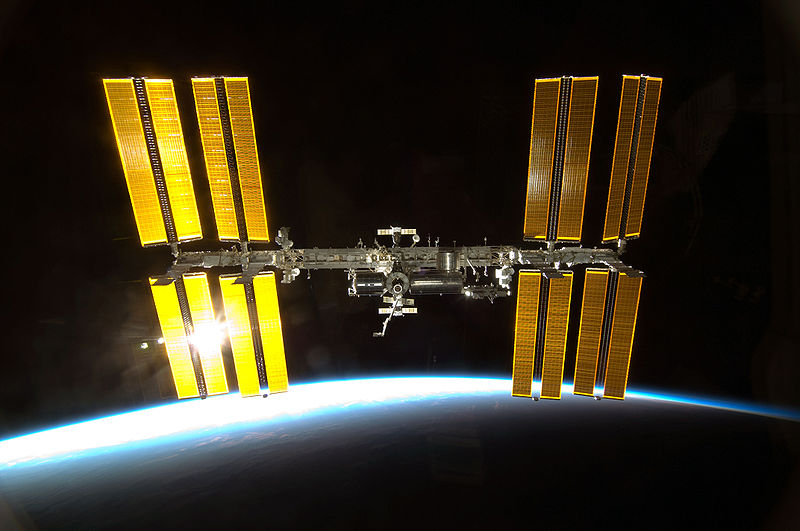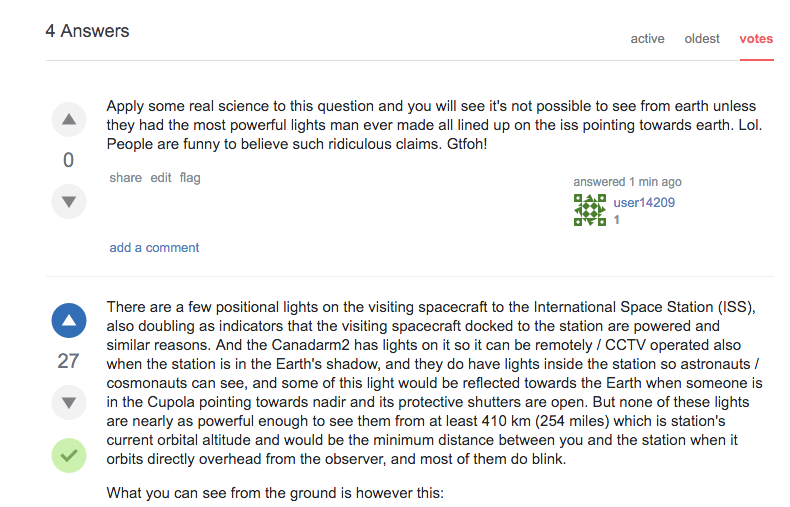Handling matters like this one is not so easy to do in a comment. On the other hand, briefly stating the crux of an issue makes it easier to absorb. The better thing in this case would have been a more real-time and less formal conversation, where more time could be taken. That is what chat is for. Chat rooms can quickly be made for a specific matter if the main chat room, The Pod Bay doesn't seem adequate. However, a lot of members don't like chat, and at any rate, I have to make clear why something is done for others who don't see a chat.
The question you have raised stems from this answer of yours that I deleted:
@MarkAdler's answer is excellent. If I re-read @Chris's question, I'm
guessing that "theoretical gravity" probably means the value of the
(average) surface gravity that has traditionally been reported in
textbooks for a century or longer.
We've all seen something like this (from here)
[img]
or this or this or this or maybe even this.
That value of surface gravity which has been around for a long time
was - at least until recently - never directly measured. It probably
comes from observations of the size and the period of the orbit of
Mars's two moons, which gives mass, and the apparent diameter of mars
itself, which comes from observations, including occultation timings.
More recently, doppler radar measurements of the orbital velocity of
the moons and early spacecraft flyby's may have also been included.
While the "remarkably detailed map" in @MarkAdler's answer represents
orbiting spacecraft measurements that also give a total mass
measurement and mars diameter measurement likely to be much more
absolute accuracy accurate than that from natural satellite
observations, it's still from orbit. And though I'm sure we all are
convinced it should predict surface gravity with excellent accuracy
and would bet a Space Program on it, the data on gravity fields in
orbit would still have to be mathematically propagated back to the
surface in some way, which is a theoretical prediction of surface
gravity based on measurements from orbit in space, even if the theory
is straightforward and beyond reproach.
I think @Chris is asking if any of the landers have actually made a
surface gravity measurement - what you would feel if you were standing
on mars - actually from the surface, literally.
So I don't know the answer to that, but I think it's a good question
and I think it deserves a better response than just "we have 29,512
coefficients". Have predictions of surface gravity from space
measurements actually been verified by gravity measurements on the
surface? I think there is a significant chance that the answer is
either "no" or "not very accurately."
And the comment of mine you refer to reads in full as:
It is up to the asker to clarify the intention of their question.
Doing so on their behalf is rarely a good use of one's time. This
answer amounts to an examination of definitions and different forms of
measurement. It does not actually answer the question, so i have
deleted it. The answer added by David Hammen and the conversation you
had in chat with the various parties i think addressed this
consideration very well, it was the best way to resolve of the matter.
Since here I am not restricted to 600 characters, I can expand a bit. Clarifying a question so it can be properly answered is of course very useful and important. But that is one of the functions of comments. Ask the asker for clarification, and if you think you know what they mean in words that didn't occur to them, say so and see how they respond. Assuming you know what they mean is a mistake. If you are wrong, you have definitely wasted your time, and even if you are right, the asker has learned nothing about how to phrase questions or get help. An important part of a stack exchange site working well is ensuring good quality questions as well as good quality answers. Whenever we skip getting an asker to clarify, or expand, or do a bit of research, we endanger the maintenance of question quality.
Also, if you want to talk about something, we can talk about it. But not through an answer that isn't an answer, but is being used to point to an issue indirectly. You will have to take the risk of stepping into chat and putting your feelings on the table. When I first started using Space Exploration, I made a string of mistakes, poor judgements, and said some silly things. But it's normal. I still cringe a bit at some of those early posts, but they shouldn't be deleted (and now that I'm a moderator, I could do that, if I chose, and if called2voyage and Pearson let me get away with it). This is a place for learning, and it depends on us working to get along. Accepting differences of opinion and mistakes is important. Any of the moderators and most of our top members would actively defend anybody who wasn't being properly treated.
So keep going as you have been, and you will get the hang of when to use Q&A, when to use Meta, and when to use chat. I'd say that if something upsets you, take it to chat if you can, and if you can't, get the attention of a moderator by flagging and/or mentioning it in chat even if you can't get the other party there.

